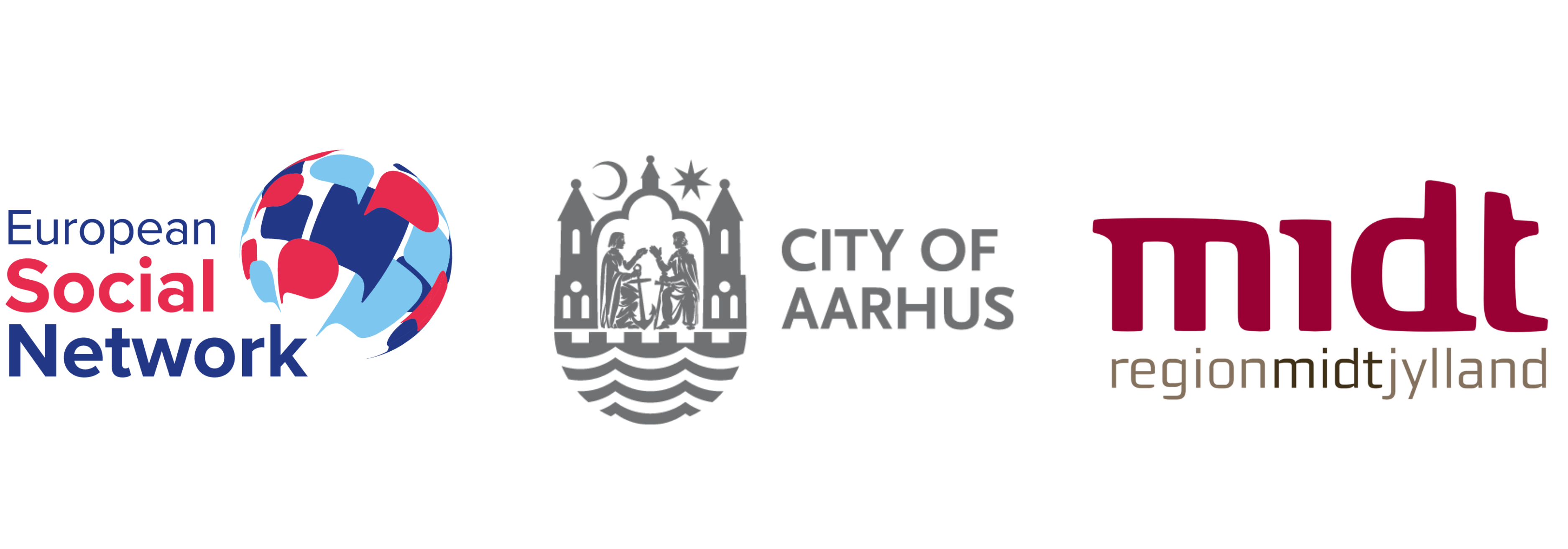By Colin Hodgson, Sales Director – Acquisition & Retention, Edenred UK; Delphine Chilese-Lemarinier, Head of EU Affairs, Edenred
As the country grappled with its response to the COVID-19 pandemic, in March 2020, schools across the United Kingdom closed to most pupils. Under normal circumstances, eligible children claim free school meals from their schools’ cafeteria. But with pupils at home, the government needed an alternative way of directing this much-needed support to ensure the 1.3 million children who received free school meals in England wouldn’t go hungry through the crisis. An innovative social voucher was identified as the most efficient and rapid solution to implement.
Back in March 2020, in the context of the COVID-19 pandemic and drastic sanitary measures, the United Kingdom closed schools. 1.3 million pupils across the country have daily access to free lunch at school. With lockdown measures implemented, government identified a need to ensure continuation of this essential service. The UK Government approached Edenred UK, a supplier appointed to an existing government framework, to develop and launch a national free school meal voucher scheme to distribute the important financial support to economically disadvantaged kids.
The Department for Education (DfE) objective was to design and deliver a programme which would provide parents and carers of eligible children with weekly vouchers that could be put towards the cost of feeding children at home. Following this request, in less than two weeks, a bespoke solution was designed, implemented and launched to distribute £15 per week to families, providing parents or carers with the ability to select a supermarket voucher of their choice. TO ensure the efficient and fast distribution of the financial support, the vouchers were distributed digitally and could be transacted directly from smart phones, or printed by schools and distributed physically, locally, ensuring the scheme remained inclusive for all..
This would ensure children across the country could continue to eat healthily throughout the school closures, without placing their parents under undue financial pressure.
Rolling out a new programme at pace and of the scale of the free school meal voucher scheme was not without its challenges. Setting up the platform and associated operational and communication processes was a challenge in itself. Because the programme quickly became popular among eligible families, the second challenge was to keep up with the massive demand: in the first two and a half of weeks following its roll-out, more than 80% of schools in England and Wales had registered, and by the time schools started to reopen from June 2020, 98% of schools in England had participated. This required constant increases to the IT infrastructure capacity and within the first month of running the scheme, the platform was able to respond to 95% of incoming queries in the first instance. Due to the success of the initiative and the reclosing of schools across the country, the decision was taken multiple times by the DfE to extend the programme over time: initially extended to May, the school was eventually extended to cover the school summer holidays in 2020, before being renewed again in 2021 to support families and children through the new lockdown restrictions and schools closures.
The Free School Meals Programme was set up expediently in unique, challenging circumstances, and in 2020, successfully distributed more than £380m worth of vital social support to children and families during the pandemic. The involvement of all the stakeholders to constantly improve the programme performance and increase its reach made it a central and innovative welfare instrument that could pave the way to similar experiences in the future. Despite the huge operational challenges, the programme achieved its goal: more than eight in ten schools and 95% of families considered the programme to be a success overall. This successful experience underlines that voucher solutions which channel social aid can be quickly actionable and can efficiently enableall the stakeholders, public and private, collaborate towards a public social goal.

